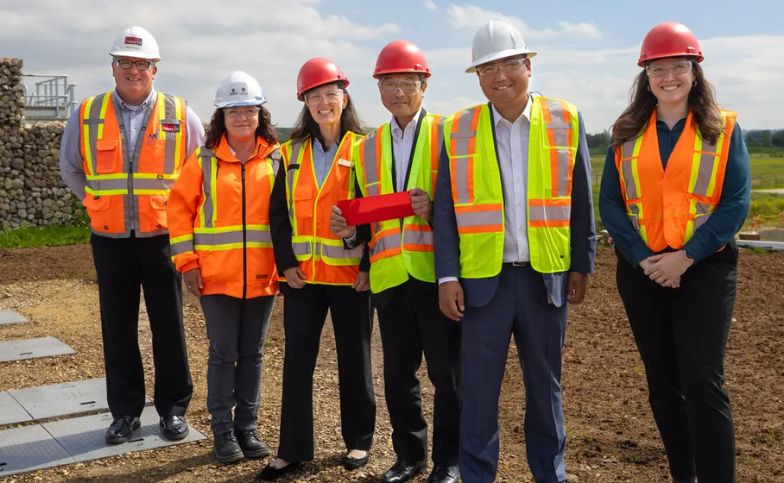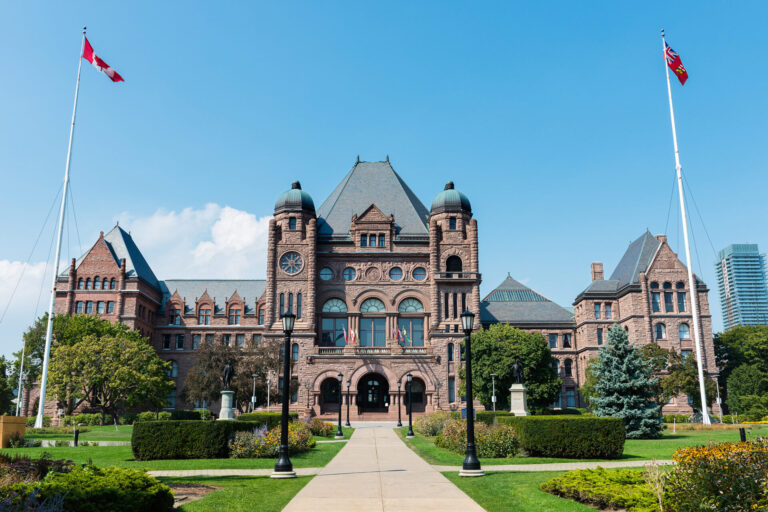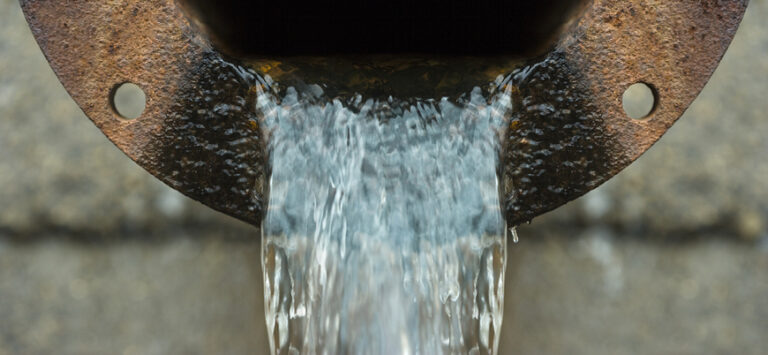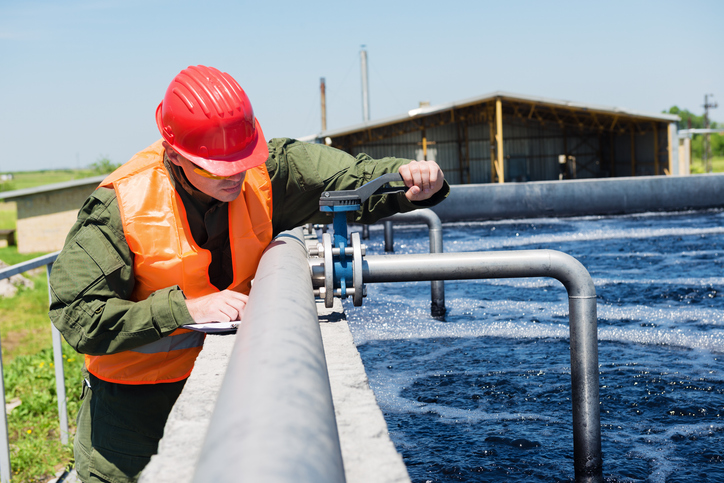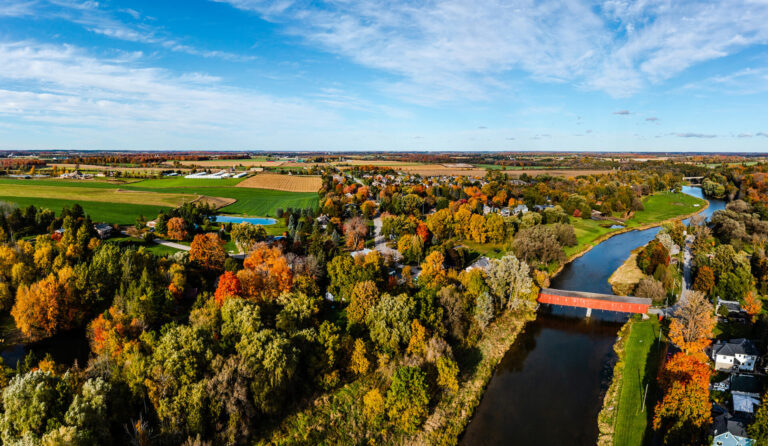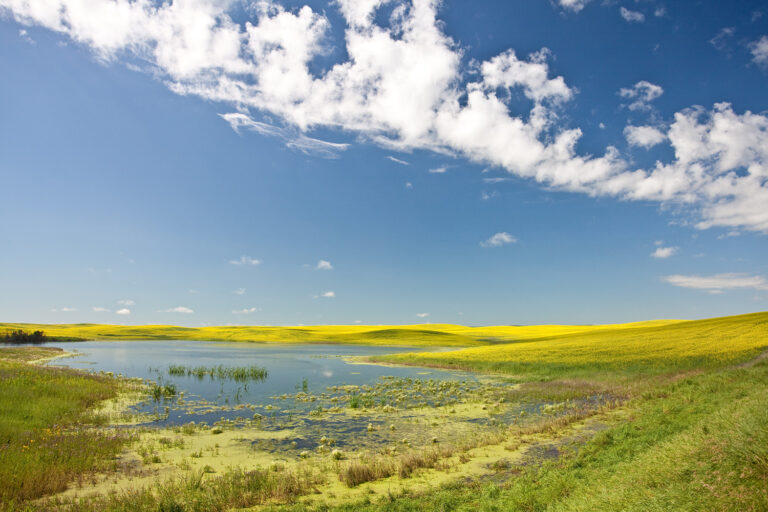A wastewater treatment technology widely used in Japan is being tested in Alberta to see if it can stand up to Canada’s extreme winter conditions and help provide clean water for rural and Indigenous communities. The pilot is the first initiative under a memorandum of understanding between UCalgary and the Japan Sewage Works Agency.
The FujiClean Jokaso, a compact wastewater treatment unit about the size of 40-foot shipping container, is undergoing pilot testing at the University of Calgary’s Advancing Canadian Water Assets (ACWA) facility, located within the City of Calgary’s Pine Creek Wastewater Treatment Plant. This is thanks to a partnership between UCalgary, Japan Sewage Works Agency, FujiClean and LM Wastewater with funding from Alberta Innovates.
“What makes this unit ideal for rural communities is the compactness of it,” said Ken Matsuda, founder of LM Wastewater. “It’s like having a municipal wastewater treatment facility packed into one 40-foot shipping container — it’s groundbreaking.”
The Jokaso uses the same biological processes as municipal systems, moving wastewater through five chambers for filtration, clarification and disinfection. The treated water is clean enough to safely re-enter rivers and lakes.
The pilot will determine whether the technology can be a viable replacement for septic tanks and lagoons in Canada’s rural and northern communities, where access to modern wastewater treatment is often limited.
“If the pilot is successful, the Jokaso unit could improve quality of life for small and remote communities by providing access to simple technology that works better than existing systems,” said Christine O’Grady, executive director of ACWA. “It has the potential to advance best practices for source water protection and water treatment in Alberta and across Canada.”
When Matsuda first approached FujiClean and Japan’s national wastewater agency about introducing the Jokaso in Canada, the biggest concern was whether it could withstand sub-zero conditions.
At ACWA, small amounts of municipal wastewater are diverted into the Jokaso, treated, then sent back to Calgary’s main system for final processing. This allows researchers to monitor performance without risking untreated discharges into the river.
The project is supported by Alberta Innovates and Invest Alberta, alongside the City of Calgary.
“This pilot project is the beginning of a much larger opportunity to deliver efficient and affordable wastewater treatment to hundreds of rural and Indigenous communities across Alberta,” added Rick Christiaanse, CEO of Invest Alberta.
The partnership showcases how municipal facilities can serve as testbeds for new approaches. “The City of Calgary is proud to support novel research opportunities for the benefit of the environment and technological advancement,” said Monica Bramley, manager of Utilities Project Development for the City of Calgary.

